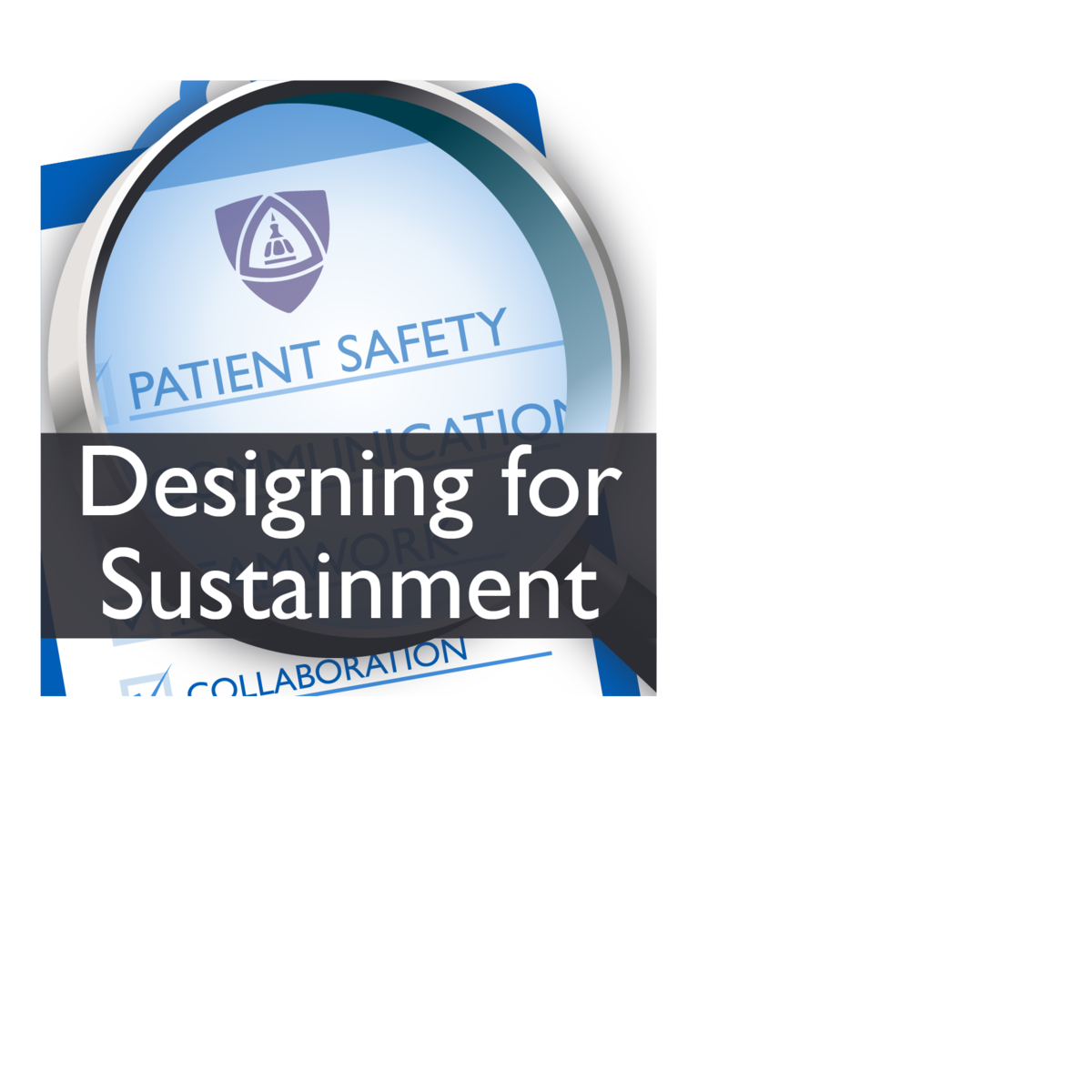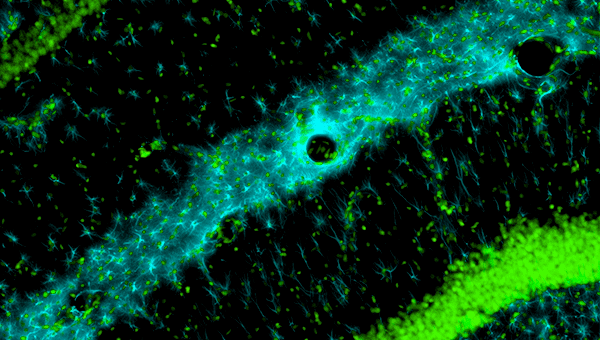Back to Courses









Life Sciences Courses - Page 2
Showing results 11-20 of 644

Designing for Sustainment: Keeping Improvement Work on Track (Patient Safety IV)
Keeping patient safety and quality improvement projects on track, on time, and on budget is critical to ensuring their success. In this course, students will be introduced and given the opportunity to apply a series of tools to guide and manage patient safety and quality initiatives. These include tools for defining what success looks like, developing a change management plan, and conducting a pre-mortem to identify risks for project failure. This course will also provide tools for engaging stakeholders to ensure key players are invested in your project’s success.

Causes of Racial Inequity in Healthcare
The second course of the Addressing Racial Health Inequity in Healthcare specialization you will journey through a survey of critical drivers of racial inequities in healthcare. These critical drivers need to be known in order to implement interventions that can achieve health equity.
You will explore issues that arise around the financing of healthcare in the U.S, and how this system enables race-based disparities. You will then explore the multiple dimensions of access to care, and how various dimensions perpetuate racial inequities in care. You will also discuss the historical backdrop of mistreatment in healthcare settings that remains pervasive among racial groups. And finally, you will unpack implicit bias and how these biases influence diagnosis and treatment patterns among different racial groups.
Introductory Human Physiology
In this course, students learn to recognize and to apply the basic concepts that govern integrated body function (as an intact organism) in the body's nine organ systems.
Positive Psychology: Character, Grit and Research Methods
Learners discover how apply to research methods to their study of Positive Psychology. In this course, we study with Dr. Angela Duckworth and Dr. Claire Robertson-Kraft. Through an exploration their work "True Grit" and interviews with researchers and practitioners, you develop a research hypothesis and learn how to understand the difference between internal and external validity. You also begin to understand and apply the strengths and weaknesses associated with different types of measurements and evaluation designs. You then interpret the results in an empirical study. Suggested prerequisites: Positive Psychology: Martin E. P. Seligman’s Visionary Science and Positive Psychology: Applications and Interventions.

Introduction to Biology: Ecology
Ecology is all about connections. In this course, we’ll see how interdependent every living thing is and how people are impacting the natural world. Like all sciences, ecology isn’t just a list of known facts– it’s also a process. I love telling stories, and I’ve included many stories about how we’ve come to know what we know about ecology through observations and experiments.

Training and Learning Programs for Volunteer Community Health Workers
Volunteer community health workers (CHWs) are a major strategy for increasing access to and coverage of basic health interventions. Our village health worker training course reviews the process of training and continuing education of CHWs as an important component of involving communities in their own health service delivery. Participants will be guided through the steps of planning training and continuing education activities for village volunteers. The course draws on real-life examples from community-directed onchocerciasis control, village health worker programs, community case management efforts, peer educators programs and patent medicine vendor training programs, to name a few.

The Social and Technical Context of Health Informatics
Improving health and healthcare institutions requires understanding of data and creation of interventions at the many levels at which health IT interact and affect the institution. These levels range from the external “world” in which the institution operates down to the specific technologies. Data scientists find that, when they aim at implementing their models in practice, it is the “socio” components that are both novel to them and mission critical to success. At the end of this course, students will be able to make a quick assessment of a health informatics problem—or a proposed solution—and to determine what is missing and what more needs to be learned.
Who Is This Class For?
Physicians, nurses, pharmacists, social workers, and other allied health professionals interested in expanding their understanding of digital health, big data, health information systems, and the unintended consequences of disruptive innovation in the healthcare system. The course is also aimed at those with technical, engineering, or analytics backgrounds who want to understand the nuances of those topics when it comes to healthcare.

Experimental Methods in Systems Biology
Learn about the technologies underlying experimentation used in systems biology, with particular focus on RNA sequencing, mass spec-based proteomics, flow/mass cytometry and live-cell imaging.
A key driver of the systems biology field is the technology allowing us to delve deeper and wider into how cells respond to experimental perturbations. This in turns allows us to build more detailed quantitative models of cellular function, which can give important insight into applications ranging from biotechnology to human disease. This course gives a broad overview of a variety of current experimental techniques used in modern systems biology, with focus on obtaining the quantitative data needed for computational modeling purposes in downstream analyses. We dive deeply into four technologies in particular, mRNA sequencing, mass spectrometry-based proteomics, flow/mass cytometry, and live-cell imaging. These techniques are often used in systems biology and range from genome-wide coverage to single molecule coverage, millions of cells to single cells, and single time points to frequently sampled time courses. We present not only the theoretical background upon which these technologies work, but also enter real wet lab environments to provide instruction on how these techniques are performed in practice, and how resultant data are analyzed for quality and content.

HI-FIVE: Health Informatics For Innovation, Value & Enrichment (Clinical Perspective)
HI-FIVE (Health Informatics For Innovation, Value & Enrichment) Training is a 12-hour online course designed by Columbia University in 2016, with sponsorship from the Office of the National Coordinator for Health Information Technology (ONC). The training is role-based and uses case scenarios. Also, it has additional, optional modules on other topics of interest or relevance. Although we suggest to complete the course within a month's timeframe, the course is self-paced and so you can start and finish the course at anytime during a month's time period. No additional hardware or software are required for this course.
Our nation’s healthcare system is changing at a rapid pace. Transformative health care delivery programs depend heavily on health information technology to improve and coordinate care, maintain patient registries, support patient engagement, develop and sustain data infrastructure necessary for multi-payer value-based payment, and enable analytical capacities to inform decision making and streamline reporting. The accelerated pace of change from new and expanding technology will continue to be a challenge for preparing a skilled workforce so taking this training will help you to stay current in the dynamic landscape of health care.
This course is one of three related courses in the HI-FIVE training program, which has topics on population health, care coordination and interoperability, value-based care, healthcare data analytics, and patient-centered care. Each of the three courses is designed from a different perspective based on various healthcare roles. This first course is from a clinical perspective, geared towards physicians, nurse practitioners, physician assistants, nurses, clinical executives and managers, medical assistants, and other clinical support roles. However, we encourage anyone working in healthcare, health IT, public health, and population health to participate in any of the three trainings.

Origins - Formation of the Universe, Solar System, Earth and Life
The Origins course tracks the origin of all things – from the Big Bang to the origin of the Solar System and the Earth. The course follows the evolution of life on our planet through deep geological time to present life forms.
Popular Internships and Jobs by Categories
Find Jobs & Internships
Browse
© 2024 BoostGrad | All rights reserved